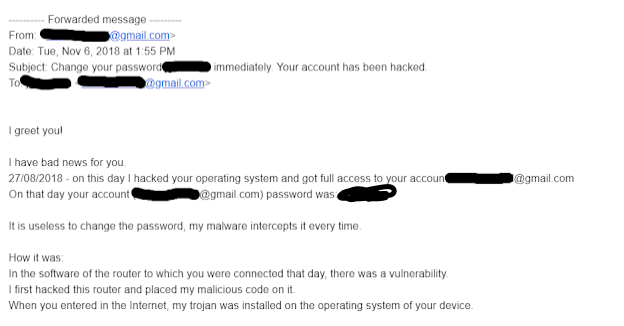I knew I would get an email or a question like this sometime. I have given advice before, but it was either to parents of early-elementary students or in my role as tech coach.
Ideally, when parents have young kids they will stop using their phone or iPad as a pacifier to make their kids behave or be quiet. I also think parents should use the internet together with their children to show them how to use it properly -- how to know when to stop, how to know what scams look like, how to know how to search, how to know how they can use the internet for work and not just consuming information and share out their achievements, and how to communicate like a citizen ...
But that is a goal too lofty for most parents who don't know or do many of those things themselves.
I really need to start talking with my own students more about balance and both the positive and negative effects of technology.
But for this week when I meet the parents I have a few ideas I am going to share with the family:
"Tell kids to stop at a natural break, such as the end of an episode, level, or activity. It's hard for kids (and adults!) to stop in the middle of something. Before your kid gets on a device, talk about what they want to do or play, what will be a good place to stop, and how long they think it'll take. Set the limit together and hold to it, though a little wiggle room (a couple of minutes so they can finish) is fine."
"Discuss consequences and follow through when kids test the limits. When all else fails, it's important to have discussed consequences for when your kid won't give it up. For little kids, the line can be something like, "If it's too hard to turn off, the tablet has to go away for a whole day." For older kids it's more about keeping devices in a public space, setting expectations, and enforcing them. If they show you they can be partners in moderating and regulating themselves, there can be more flexibility."
https://www.commonsensemedia.org/blog/5-strategies-for-getting-kids-off-devices
"Help your kids self-regulate. Start by having a conversation about all their daily duties and figure out how much game time fits in. Create a calendar, have them set a timer, and reward them for sticking to the time limits. If you've tried this and want more control over their screen time, consider installing a parental-control program that lets you set daily screen limits for different programs."
https://www.commonsensemedia.org/screen-time/is-it-ok-to-let-my-kid-play-minecraft-for-hours
How can I help my kids develop good media habits?
I chose these based on what I think this student's home-life is like.
Here is the contract I came up with for her.


